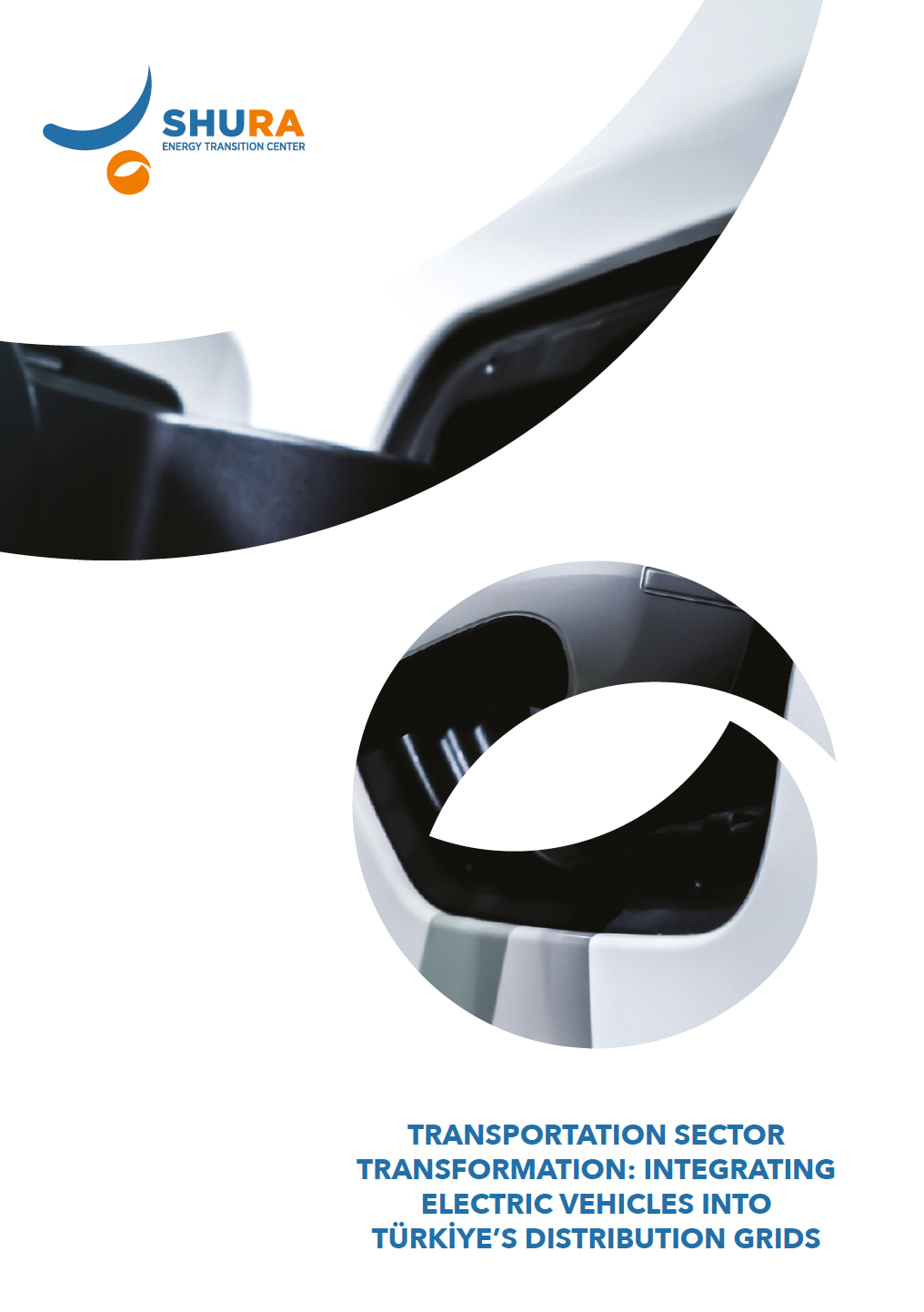Industrial activity is one of the main sources of carbon emissions in both developed and developing countries. The need for designing industrial policy together with trade, transport and finance policies is evident as the impacts are multi-layered across the industrial value chain from the supply of inputs to transport, trade and distribution of products. The share of industry alone in Türkiye’s final energy consumption is around 35 percent; however, when related activities, such as transporting and storing the products are taken into account, the final energy consumption share stemming from industry is estimated to reach 50 percent. At the same time, due to the current structure of its industry, Türkiye is one of the countries with a distinct advantage in combining economic development with the green transition. The low-technology, low value-added and carbon-intensive structure of Tükiye’s industry is at the source of its macroeconomic problems such as persistent international trade deficit and middle-income trap. For Türkiye, a rapid transition toward a higher technology and higher value-added industrial product composition overlaps more strongly with a green transition paradigm than many comparable countries. Inadequate production in fundamental and strategic sectors increases import dependency while production capacity exceeds domestic consumption in energy and carbon-intensive sectors, stimulating exports and leading to accelerated emissions growth. Shifting production from low value added and energy/carbon intensive sectors toward higher value added and higher technology areas will reduce energy intensity contributing simultaneously to sustainable development and de-carbonization. In pursuit of economic development and decarbonisation objectives, the “New Inclusive Industrial Paradigm” extends beyond sector-specific growth or solely green/twin transition-oriented policies. It incorporates industry, transportation, finance, and trade policies aligned with sustainable development and growth. The new inclusive strategy is deemed to create a strong potential for both increasing competitiveness and implementing a just transition.





